3 semester credits. Is globalization good or bad? For whom? Will it go away or is it here to stay? Do I need to worry about it? Globalization, free trade, improved communications, travel, and transportation, together with the information revolution have created new moral challenges and intensified existing ones across the planet. In reviewing the pros and cons of globalization, students will consider arguments from philosophers, economists, businessmen, labor leaders, environmentalists, journalists, etc., as they examine north-south relations, economic development, population growth and migration, environmental issues, and the state of international law concerning security and the flow of trade, ideas, and people.
Political Science and International Relations
LAPSEG340 Ethics of Globalization
LAPSIR310 International Relations
3 semester credits. This course provides a survey of major concepts, theories, and issues in international relations. Course topics will discuss how and why things happen in the international state system. Through the analysis of theories such as realism, liberalism, Marxism, poststructuralism, feminism and postcolonialism, students will become familiar with real-life scenarios and understand the different actors involved in world politics. Key subjects include the effects of the Cold War, decision-making process in foreign policy and world organizations, international security and arms control, international law, global civil society, and global political economy.
LAPSPI335 Islam and Politics
3 semester credits. This course analyzes the politics of the Muslim world by tracing the historical origins of Islamic religious doctrine and the spread of religious practice in different cultural contexts from South, Central, and South-East Asia to the Middle East, North Africa, and Europe. The course will introduce students to basic Islamic doctrines, the differences between Sunni and Shi'a traditions, Sufi mysticism, and Islamic fundamentalism. Topics will examine the interplay between religion, politics, and international relations, and students will explore the different forms of political institutions that govern Muslim societies and the implications of class, race, gender, and modernism. An important focus will be on the identity of Muslims in Italy through the perspectives of guest speakers and the local Muslim community in Florence.

